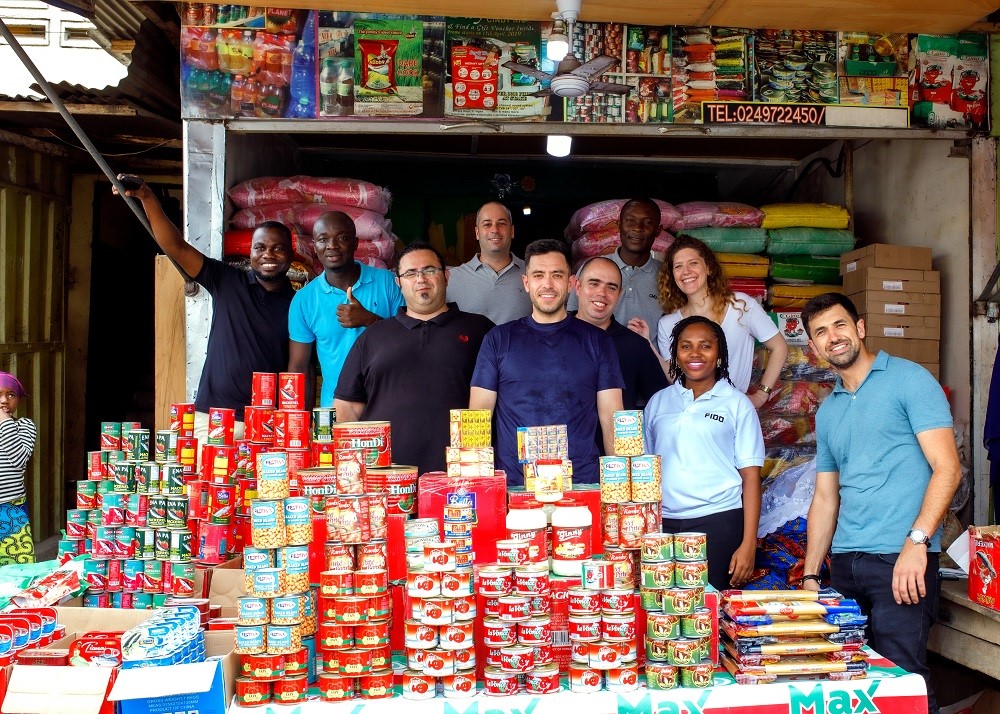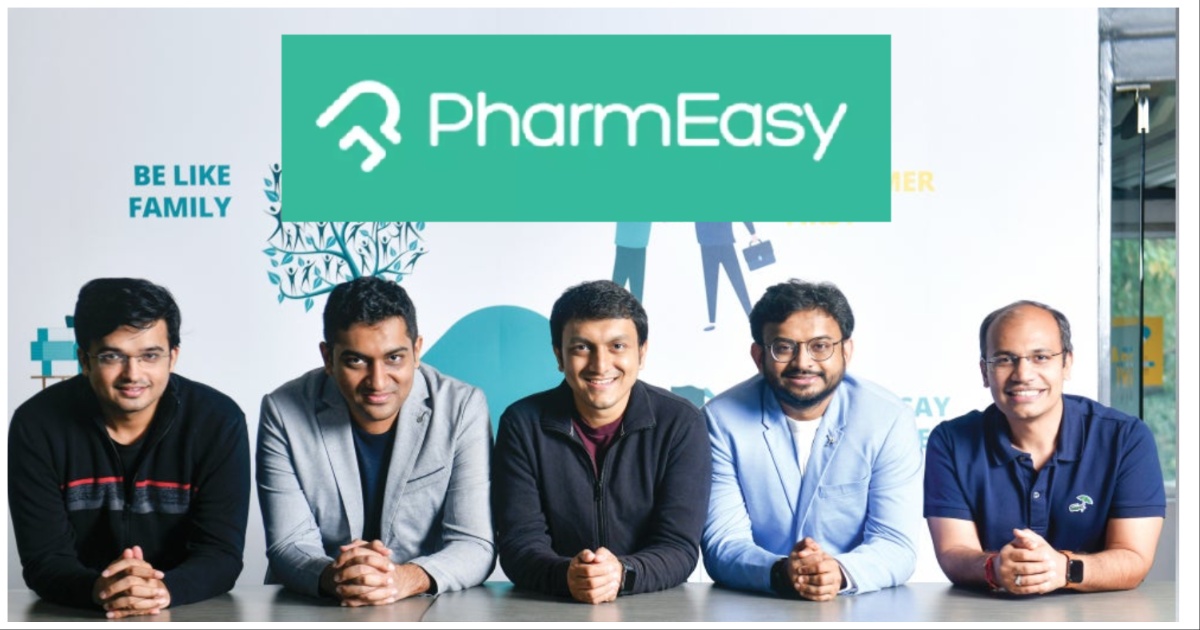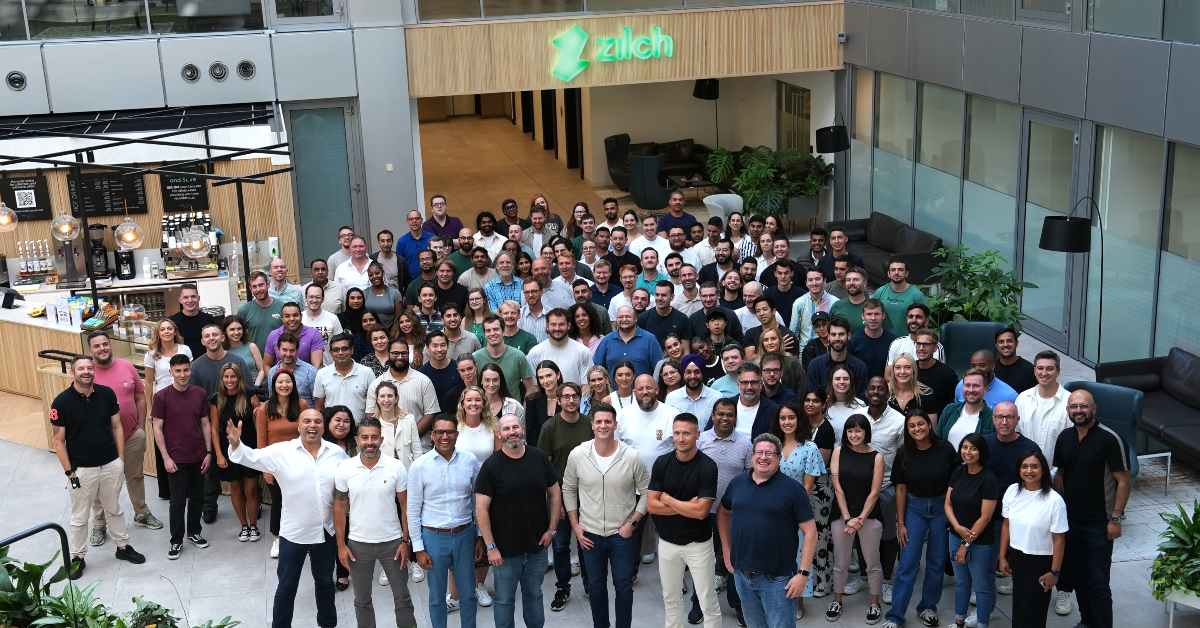FMO and BlueOrchard have invested $30 million in Ghanaian digital lender Fido, supporting its growth through a Series B funding round
Digital lending platforms have emerged as a convenient and rapid alternative source of credit for microenterprises and individuals conventional banking institutions do not serve.
In the next five years, the value of the digital lending platform market in the Middle East and Africa is expected to reach $2 billion, a four-fold increase since 2021, as the demand for these platforms continues to develop.
These platforms have become a lifeline for millions of underbanked individuals.
Fido, a Ghanaian fintech company, intends to capitalize on this opportunity as it expands into new markets in East and Southern Africa. This endeavor is being supported by a $30 million Series B debt-equity funding round.
The new capital comprises a $20 million equity allocation from BlueOrchard, a global impact investment manager, and FMO, a Dutch entrepreneurial development bank.
Fido was founded in 2015 by Nadav Topolski, Tomer Edry, and Nir Zepkowitz to provide loans via mobile phones. Since then, the company has expanded its revenue streams by introducing additional products like savings, bill payments, and smartphone financing.
Branch and Tala, which are venture-backed, are among the numerous African digital lending companies that are utilizing mobile technology and alternative data sources, such as mobile money transaction histories, to provide instant micro-loans to individuals and small businesses that are frequently unable to access credit from traditional banking institutions. One of these companies is the fintech.
Banks frequently issue loans to active consumers, necessitating collateral and extensive paperwork. This is in contrast to lending applications.
This has resulted in micro-lenders becoming an alternative, albeit costly, source of capital for small businesses. Alon Eitan, the CEO of Fido, asserts that these businesses are the driving force behind economies, particularly in sub-Saharan Africa, yet they are provided with inadequate resources to expand.

“Most of the population in sub-Saharan Africa is either unbanked or underbanked, and for many of the customers who enter our ecosystem, we are likely their first interaction with financial services.”
Eitan stated, “We transition them from having no financial footprint to the point where they have established a comprehensive financial foundation within an ecosystem that enables them to obtain credit, insurance, save, purchase mobile phones, and conduct business.”
Fido provides embedded insurance with each loan product and intends to incorporate supplementary coverages designed for its business customers.
This will encompass climate insurance to protect creditors in the agriculture sector from extreme weather events, such as drought and floods, and tradesman insurance.
Customers of the fintech obtain loans ranging from $20 to $500, while businesses receive more considerable sums contingent upon their credit score, enterprise type, and requirements.
The interest rate on the loans ranges from 7% to 12%, and they must be repaid within six months. According to Eitan, Fido’s credit score system is responsible for the company’s default rate, which is less than 4%.
“Through implementing mission-critical AI models throughout the loan life cycle, we can provide these industry-leading rates.”
He stated that our fraud and AI collection treatment models, which evaluate new customers based on mobile device data and other alternative data, are derived from our acquisition model.
Fido has reportedly served one million customers, 40% of whom are small enterprises, and extended more than $500 million in loans across Ghana, where it is said to have countrywide coverage, and Uganda, where it has served 50,000 customers since its launch in December last year.
“We anticipate that by the beginning of next year, we will have exceeded one billion in total disbursements.
The subsequent objective is to leverage the additional funds to expand and engage a broader audience, making a meaningful impact,” he stated.
He also mentioned that the business has been profitable for four years.



